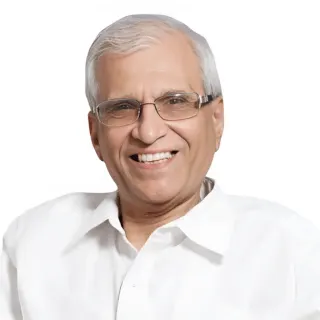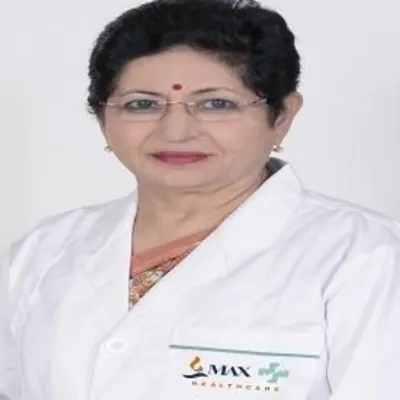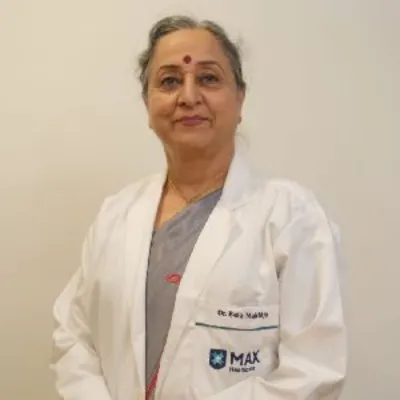Best Kidney Transplant Specialists in Artemis Hospital Gurgaon
 30 December,2025
Read More
30 December,2025
Read More
Enquire now in case of any assistance needed
 24 May,2025
24 May,2025
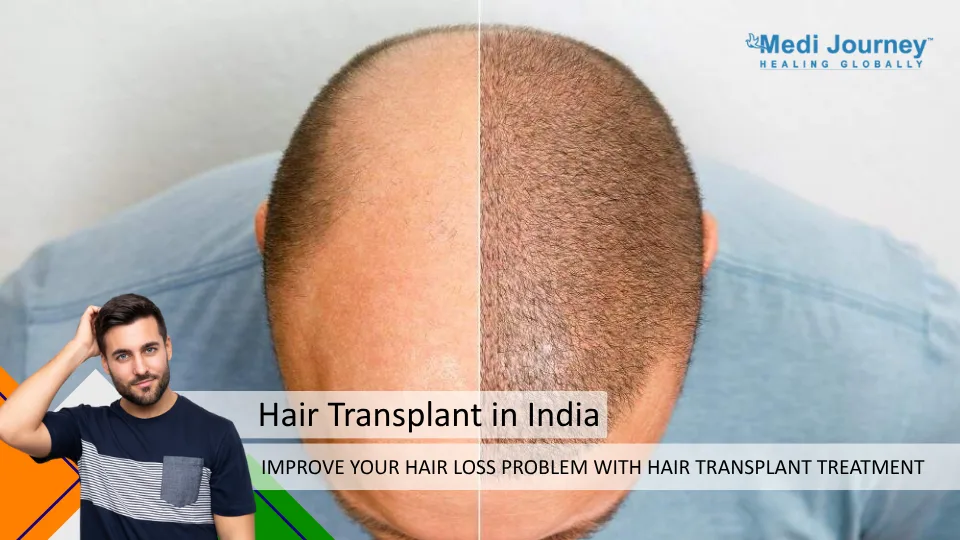
Are you thinking about a hair transplant in India? India is emerging as a global hub for hair transplant procedures, attracting millions worldwide. If you are also exploring the best places to undergo hair restoration in India, this guide will help you understand the cost per graft in India. The guide also outlines the techniques, risks, and benefits of the best hair transplant in India.
Fill up the form and get assured assitance within 24 hrs!
India is home to world-class expertise. Many internationally accredited clinics offer hair implantation services and are equipped with state-of-the-art technology for hair restoration. The surgeons in India have extensive experience with modern techniques such as robotic hair transplants. These centres have English-speaking medical staff to facilitate seamless conversations with non-natives. You receive top-tier treatment at a fractional cost of Western prices.
Safety is a top priority anywhere, as is the case in India. You do not need to worry, as many Indian clinics are accredited. They strictly adhere to the international medical standards. Metropolises such as Mumbai, Delhi, Kolkata, and Bangalore have top-notch FUT Hair Transplant India that rivals the best in the global giants of the US and EU. The procedures at these Indian clinics are transparently performed under the supervision of skilled surgeons. You can read the testimonials of several patients experiencing hair transplantation here.
A hair transplant in India is a procedure where your surgeon will move your hair follicles from your healthy region. Usually, they will select the back or sides of your scalp. These hair follicles are then grafted in areas where you are experiencing thinning or baldness. Usually, you will experience hair loss issues around your hairline, crown, or temples. Indian hair transplant centres offer advanced methods such as FUE Hair Transplant in India. These methods ensure more natural-looking and permanent results.
You are an ideal candidate if you demonstrate:
You can treat the following hair loss patterns with the best Hair Transplant in India:
Here are some commonly performed hair transplant procedures in India:
FUE Hair Transplant in India involves extracting your individual hair follicles. Your surgeon will then implant them in your impacted area. The procedure is minimally invasive, so you do not need to worry about scarring. Moreover, it offers a quicker recovery than traditional methods.
FUE cost per Graft in India is 35–60 INR (approx 0.40 - 0.75 USD)
FUT Hair Transplant in India, or the "strip method," is the next advanced procedure for Hair Transplant in India. Here, your surgeon removes a strip of scalp from the donor area and divides it into several grafts. The procedure is usually quicker for larger sessions. However, it may result in linear scars requiring a slightly longer recovery time for Hair Transplant in India.
FUT cost per Graft in India is 25–40 INR (approx 0.30 - 0.50 USD)
DHI Hair Transplant India uses a patented implanter tool to place hair follicles directly. There is no need to undergo prior incisions or create channels. This procedure is also less invasive and promises precise angle, depth, and direction control.
DHI cost per graft in India is 65–120 INR (approx 0.80 - 1.50 USD)
Sapphire FUE and robotic hair transplants in India are also gaining attention. The robotic methods improve precision, while the sapphire blades result in less traumatic tissue experiences. Both methods aid in faster recovery times for Hair Transplants in India.
The choice depends on your needs, donor hair, budget, and desired downtime:
The best hair transplants in India usually cost between 40,000 and 150,000 INR (approximately 500 and 2,000 USD). The cost varies according to the technique you choose and the number of grafts you need.
There are several factors impacting the average cost of hair transplants in India:
In India, the cost of a hair transplant is 25 - 120 INR per graft. The total cost will depend on how many grafts you need. Most procedures require around 1,000–4,000 grafts.
Reputed clinics often have transparent pricing policies for their clients. You will get an overview of the cost breakdown sheet reflecting pricing for consultation, surgery, medications, and post-op visits included. Always consider asking for any extra charges for undergoing PRP therapy, follow-ups, or special products.
Some Indian clinics offer EMI plans or package deals for the best hair transplants in India. This feature helps individuals access budget-friendly transplantation procedures.
Your journey for a hair transplant in India starts with a medical evaluation. Your surgeon will first ask you to undergo a scalp analysis. This analysis determines the best technique and estimates the number of needed grafts.
Your surgeon will instruct you on:
On the day of your surgery, your surgeon will start by marking your new hairline, numbing the scalp, and extracting grafts. These grafts are then safely implanted in the marked zone. Your surgery will usually last 4 to 8 hours.
Aftercare involves medications, gentle washing, avoiding strenuous activities, and periodic follow-ups for optimal recovery.
You may experience mild discomfort. Ask your doctor for painkillers, anti-inflammatories, and soothing lotions.
You can expect initial shock loss, followed by new growth within the 3 to 4 months. Full-density hair growth will start appearing within 8 to 12 months. Do not worry, as the results will be permanent for most users.
Transplanted hair is generally permanent. However, you need ongoing care and management to optimize its longevity.
High-profile success stories, led by Bollywood icon Salman Khan, whose multi-session FUE and DHI procedures have been chronicled by Indian surgeons in Mumbai and Jaipur, continue to showcase the sophistication of domestic clinics.
Likewise, former India opener Virender Sehwag openly credited a New Delhi center for his dramatic makeover in 2009, noting visible regrowth within five months.
Television personalities such as comedian Kapil Sharma have also opted for transplantation at home, with industry discussions and before-and-after reels spotlighting his renewed hairline.
These public endorsements underline the availability of advanced robotics, dense-packing techniques, and discreet postoperative care in India. As more celebrities speak candidly about their journeys, confidence in Indian hair-restoration expertise grows, encouraging medical travelers to consider the country for cost-effective yet cutting-edge solutions.
Here are some before-and-after photos of hair transplants from India, featuring celebrities like Salman Khan, Virender Sehwag, and Kapil Sharma, who have reportedly undergone the procedure.
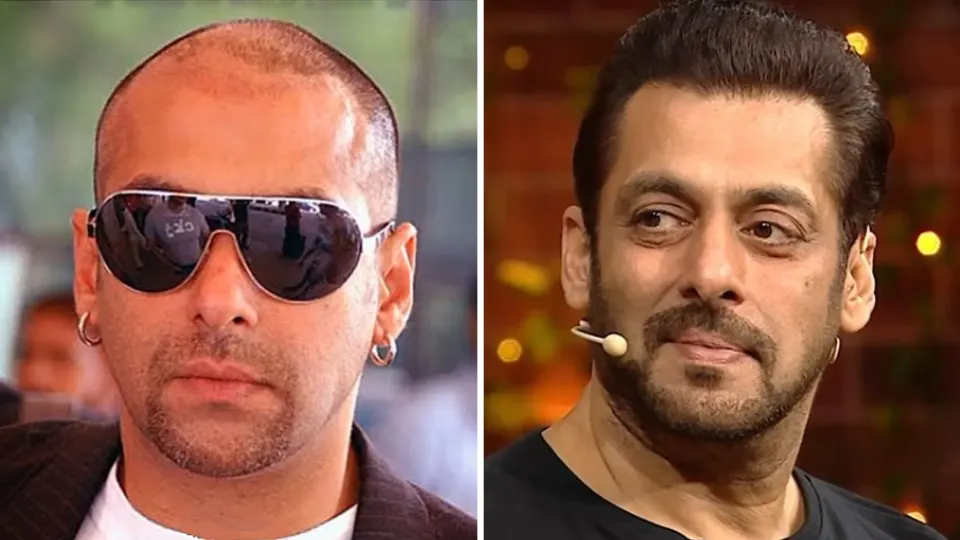
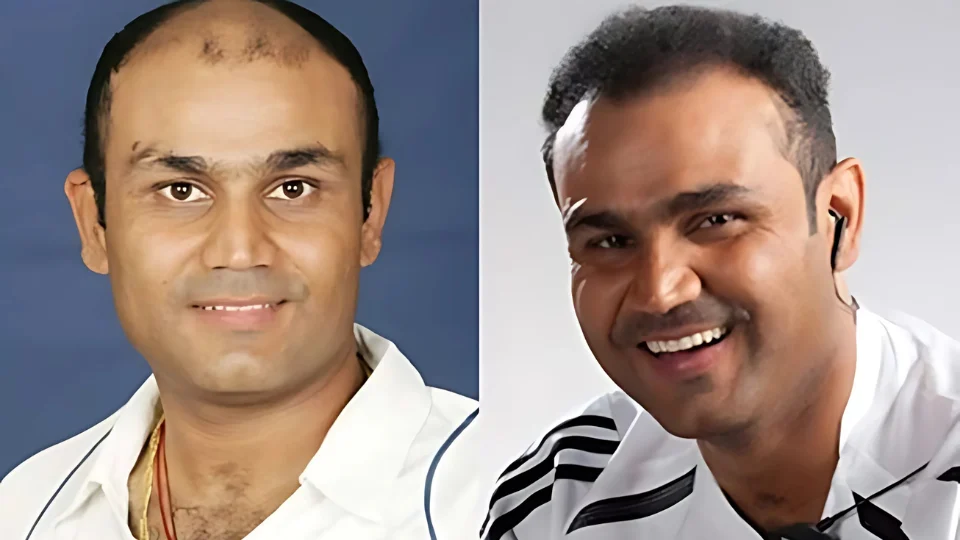
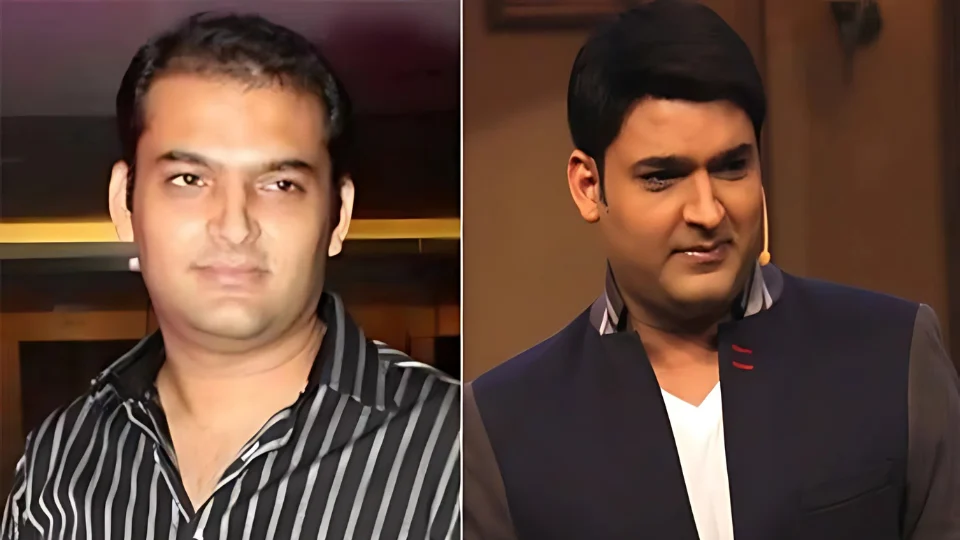
Look for board certification, global training, years of experience, and a track record of natural-looking results.
Check patient reviews, clinic accreditation, before/after photos, and technology. I prefer consultations that offer personalized plans, not a one-size-fits-all approach.
Avoid clinics that:
Women with thinning, receding hairlines, or patchy hair loss benefit from tailored solutions. Advanced techniques create natural density and restore confidence.
Popular among men seeking a fuller beard or mustache, this procedure uses scalp hair for natural-looking facial growth.
For fuller, well-defined brows, eyebrow transplants reshape and enhance appearance, using the patient's hair for best compatibility.
Risks are rare but can include:
Choosing an experienced, certified surgeon significantly reduces potential complications.
India offers top-tier expertise, cutting-edge techniques, and budget-friendly pricing—making it a top destination worldwide for hair transplants. Do your research, choose a skilled surgeon, and be clear about your expectations. For those ready to restore their hair and confidence, India is an excellent place to transform!
Fill up the form and get assured assitance within 24 hrs!
B.Sc in Media Science, NSHM Knowledge Campus, Kolkata, 2019-2022
Suryani Dutta is a passionate content writer with a background in media studies, equipping her with a deep understanding of storytelling, audience engagement, and digital trends.
With over 23 years of experience, Dr. Vipul Nanda, an eminent Plastic and Cosmetic Surgeon, excels in surgical and non-surgical procedures, including filler, mesotherapy, laser, and dermatology....
Senior Consultant
Medical Oncologist
Nanavati Super Specialty Hospital, Mumbai
WhatsApp UsSenior Director
Gynecologist and Obstetrician, IVF Specialist
Max Super Speciality Hospital, Shalimar Bagh, New Delhi
WhatsApp UsSenior Director
Gynecologist and Obstetrician, IVF Specialist
Max Smart Super Speciality Hospital, Saket, New Delhi
WhatsApp UsSenior Director
Gynecologist and Obstetrician
Max Smart Super Speciality Hospital, Saket, New Delhi
WhatsApp UsSenior Director
Gynecologist and Obstetrician
Max Smart Super Speciality Hospital, Saket, New Delhi
WhatsApp UsSenior Director
Gynecologist and Obstetrician
Max Smart Super Speciality Hospital, Saket, New Delhi
WhatsApp UsThe Art of Effective Communication
 30 December,2025
Read More
30 December,2025
Read More
 24 December,2025
Read More
24 December,2025
Read More
 23 December,2025
Read More
23 December,2025
Read More
 17 December,2025
Read More
17 December,2025
Read More
 16 December,2025
Read More
16 December,2025
Read More
 10 December,2025
Read More
10 December,2025
Read More
Trusted by Patients
"I am Asim from Bangladesh and was looking for treatment in India for neuro. I visited many websites to get the complete information regarding the treatment but I was not satisfied as I was getting confused. In the meanwhile, one of my friends suggested I seek help from Medi Journey as he experienced his medical journey very smoothly and was satisfied with it. They have filtered the top 10 doctors as per experience, the success rate of surgery & profile, so it helps us to choose the best treatment in India. "
"For my knee surgery, Medi Journey guided me to BLK Hospital where I received exceptional care. The team's support and the expertise at BLK Hospital exceeded my expectations. Thank you Medi Journey for making my medical journey stress-free. "
"I came from Iraq for my granddaughter's eye surgery in India facilitated by Medi Journey, due to critical cases they advised us to get a second opinion from the different hospitals before going to surgery. Finally, we went to Fortis Escort Hospital, which helped us to get more confidence for diagnosis. Fortis Escort Hospital has the best eye surgeon team with the latest instruments. Thanks to all team members for providing a high-quality treatment in India at an affordable cost. "
"I came for my hair transplant in India, before coming I was so confused about choosing the best clinic and surgeon for me. But thanks to God one of my friends had a hair transplant in India through Medi Journey. He recommended me to go with them. I am completely happy with my experience with them. They were always very fast in their responses to me. the success rate of my hair transplant surgery is 100%."
"Artemis Hospital, suggested by Medi Journey, turned out to be a great choice for my treatment. The personalized assistance and medical care were exceptional. I'm grateful to Medi Journey for guiding me to a hospital that perfectly matched my needs. Highly recommended! "
"I came from Afghanistan for my treatment in India at Jaypee Hospital, Noida. I had a fantastic experience with Medi Journey. Kudos to them for their incredible support during my medical journey. They not only took care of all the logistics but also connected me with a fantastic healthcare team. Efficient, caring, and highly recommended for a hassle-free medical tourism experience."
"I am Adam from Kano, Nigeria, one of my friends from Nigeria was facilitated by Medi Journey, and he recommended us to go with them. I sent my all reports to them and within 48 hours they reverted with 4 options from different hospitals. They helped me to get a Visa letter from the hospital, arrange pick-up from the airport, and book a hotel for me. Their team is very honest and throughout our stay in India they are with us they are caring for us like his family members. BLK Hospital is the best hospital in India with a top surgical oncologist surgeon team, a very advanced OT, and a Radiotherapy department. I wish more success to Medi Journey. "
"Great experience at the Max Hospital for my spine surgery and was successfully done. I thank my neurosurgeon and his entire team. I recommended all of my country's people to Medi Journey for treatment in India, they choose the best hospital, the best doctors, and the best cost for patients."
"I came to India from Dhaka, Bangladesh for my father-in-law's cardiac surgery at Fortis Hospital. I was confused about choosing the best surgeon for him before coming, but their team helped me to choose the best hospital and best cardiac surgeon in India with very good cost and 100% success rate of surgery. I am very happy with the services, really they make my journey so comfortable that make me feel at home. Thanks again and I like people to choose "Medi Journey" as your travel guide. "
"I am Mohammad from Bangladesh came to India for my general health checkup. Medi Journey offers me the complete package including Pick-up from the airport, hotel services, and 24-hour assistance. They guide you to choose the best hospital in India, the best cost of treatment with top-most doctors and give you complete information about hotel booking, and pick-up from the airport before coming to India They have the best team to help. Always choose Medi Journey for your treatment in India."
